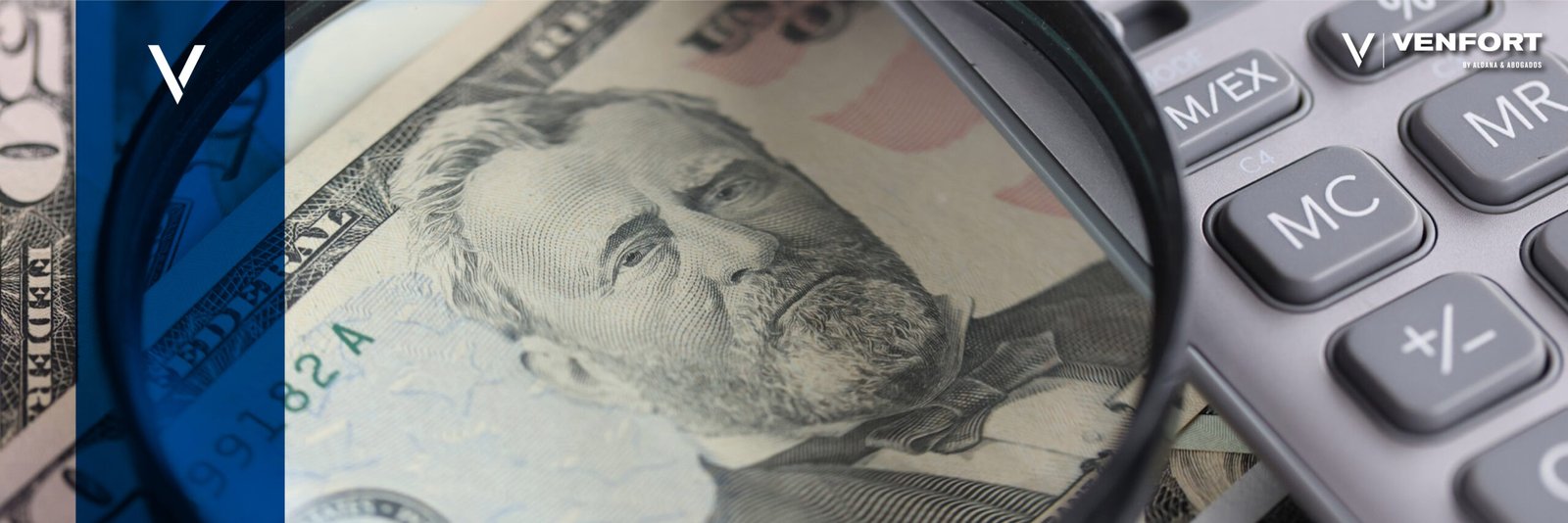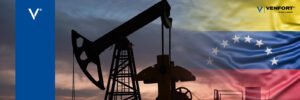Money laundering, commonly known as money laundering, is an illicit activity of great relevance both nationally and internationally. In Venezuela, this phenomenon is subject to strict regulation by the State, which is supported by a regulatory framework and a series of control entities that seek to prevent, detect and punish activities related to money laundering. The purpose of this article is to provide a practical overview of the main regulations and regulatory entities that govern the matter in the country, which is of special interest to businessmen, professionals and legal entities operating in Venezuela.
Regulations governing Money Laundering in Venezuela
In Venezuela, the regulations on money laundering are based on several regulations, rulings and resolutions of each state agency working for the prevention and punishment of money laundering. These regulations are key, due to the obligations and responsibilities of individuals and legal entities to prevent and combat money laundering in their content. The most important in this matter are detailed below:
Organic Law against Organized Crime and the Financing of Terrorism (LOCDOFT)
This is the main legislation regulating money laundering in Venezuela. Enacted in 2012, this law establishes the bases for the prevention, control and repression of organized crime and crimes related to the financing of terrorism and money laundering.
Key aspects of the LOCDOFT:
- Prevention obligations: Financial institutions and non-financial companies subject to control are required to implement internal measures and controls to detect and prevent money laundering operations.
- Registration of suspicious transactions: Institutions must report to the National Financial Intelligence Unit (UNIF) any operation that is suspicious or has no clear justification.
- Sanctioning regime: Penalties range from fines to imprisonment for those who facilitate, conceal or disguise the illicit origin of funds.
Likewise, each control entity designated to be competent in this matter establishes its specific regime of obligations especially for legal persons regarding the implementation of measures for the prevention of money laundering. Among other things, these agencies are able to order the creation of compliance departments within institutions, such as banks, which are vulnerable to be linked to the commission of this crime, therefore it is necessary to monitor operations, conduct internal audits and train staff in the prevention of money laundering.
Control entities that ensure the prevention of money laundering in Venezuela
In addition to a solid regulatory framework accompanied by laws, ordinances, resolutions and regulations, Venezuela has a series of institutions and entities in charge of supervising, controlling and sanctioning activities related to money laundering. The main actors in this area are:
1. National Financial Intelligence Unit (UNIF)
The UNIF is the central body in charge of receiving, analyzing and submitting reports on suspicious money laundering and terrorist financing activities. It operates under the supervision of the Superintendencia de las Instituciones del Sector Bancario (SUDEBAN) and collaborates closely with national and international organizations.
UNIF Key Functions:
- Receipt and analysis of reports
- International collaboration
- Research support
2. Superintendency of Banking Sector Institutions (SUDEBAN)
The SUDEBAN has a fundamental role in the supervision of the financial system in Venezuela. In addition to regulating banking institutions, it is responsible for ensuring compliance with regulations on the prevention of these illicit activities.
Key SUDEBAN Functions:
- Supervision and control
- Application of sanctions
- Operations control
3. National Office Against Organized Crime and Financing of Terrorism (ONCDOFT)
The ONCDOFT is an entity attached to the Ministry of People's Power for Internal Relations, Justice and Peace, whose function is to design and coordinate public policies against organized crime and the financing of terrorism. It plays a key role in the execution of strategies and operations to combat money laundering in Venezuela.
Key Functions of ONCDOFT:
- Policy development
- Operational coordination
- International cooperation in this area
4. Public Prosecutor's Office
The Public Prosecutor's Office is responsible for investigating and prosecuting crimes related to money laundering. In coordination with the ONCDOFT, the UNIF and other agencies, the Public Prosecutor's Office carries out the necessary legal actions to punish those responsible for these crimes.
Eligible non-financial activities and professions
According to Recommendation 22 of the Financial Action Task Force (FATF), the non-financial professions and activities designated as susceptible to being used for money laundering and which, as such, have to develop certain actions in terms of prevention are:
- Casinos.
- Real estate agents.
- Traders of precious stones and metals.
- Lawyers.
- Independent public accountants.
- Corporate service providers and trusts.
Importance of complying with anti-money laundering regulations in Venezuela
For businessmen and individuals operating in Venezuela, compliance with money laundering prevention regulations is essential. Failure to comply with these regulations can have serious consequences, both in financial and criminal terms, including fines, disqualifications and imprisonment.
It is also important to note that compliance with anti-money laundering regulations is not only a legal obligation, but also a key strategy to protect the reputation of companies and ensure their long-term sustainability. Financial institutions, in particular, face a high risk if they fail to implement adequate controls, as they may be exposed to both national and international sanctions.
Conclusion
Venezuela's regulatory framework on money laundering is composed of laws and specialized agencies that ensure the prevention and punishment of illicit activities related to money laundering. Businessmen and professionals operating in the country must be aware of the regulations and comply with the obligations they impose to avoid sanctions and protect their operations. The correct implementation of compliance policies is key not only to align with the laws, but also to maintain the integrity and solvency of their businesses.
Preventing money laundering is not only a legal duty, but a necessity to ensure the stability and credibility of companies in an increasingly globalized economic environment.
At Venfort Abogados, we are ready to offer you the advice you need in your inheritance process. Contact us and ensure that everything is handled according to the best legal practices in Venezuela. By having offices in Latin America and Spain, we have the capacity to understand and attend cases on an urgent basis, a defense with the best approach and effectiveness for our clients. So if you want more information or need advice on this and other issues related to international criminal law. Please do not hesitate to contact us through our contact page. In addition, we share with you our social networks so that you can keep updated on the legal topics that are in trend: Instagram, Facebook, Twitter y Linkedin.













